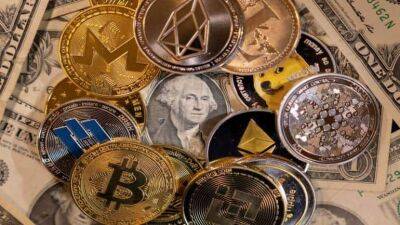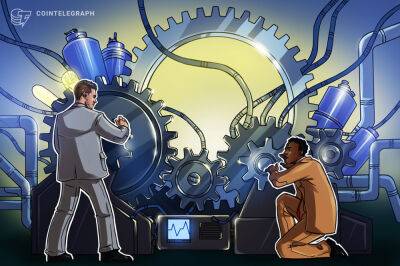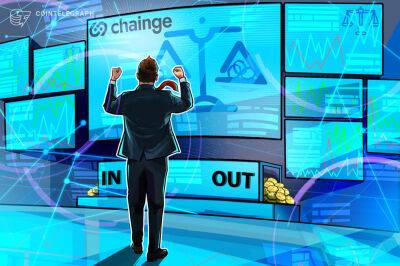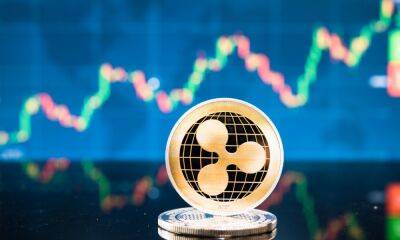Rising fuel costs are a massive problem for business and consumers — Here's why they're so high
In this article
The surge in gasoline prices is impossible to miss and at the top of consumers' minds as large billboards announce that gas now costs $4, or $5, and even above $6 a gallon in some places.
With prices at record highs, Americans are feeling the impact at the pump immediately. But higher fuel prices are a headwind for the wider economy too, beyond just consumers having less spending money. Rising fuel costs — especially diesel — means that anything transported on a truck, train or ship is affected.
Energy costs are a major contributor to the decades-high inflation numbers showing up as prices for all manner of goods and services march higher.
«Energy, in a way, is the tail wagging the dog here,» Bob McNally, president at Rapidan Energy Group, said Wednesday on CNBC's «Power Lunch.»
«Diesel is really the economic fuel. It's the lifeblood of the economy, transportation, power in some cases…so it really is embedded in economic activity and it's filtered through so many goods and services.»
The surge in gasoline prices is thanks, in large part, to the jump in oil prices. Russia's invasion of Ukraine is the latest catalyst to push crude higher, but prices were already on the move ahead of the war. Even before Covid, energy producers cut back on investment and less profitable projects under pressure from low prices and institutional shareholders demanding higher returns.
Then producers slashed output further during the throes of the pandemic, when the need for petroleum products fell off a cliff. People weren't going anywhere and businesses were shuttered, so far less fuel was needed. Demand dropped so suddenly that West Texas Intermediate crude, the U.S. oil benchmark, briefly traded in negative territory.
Read more on cnbc.com


















